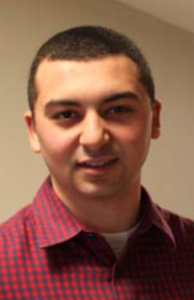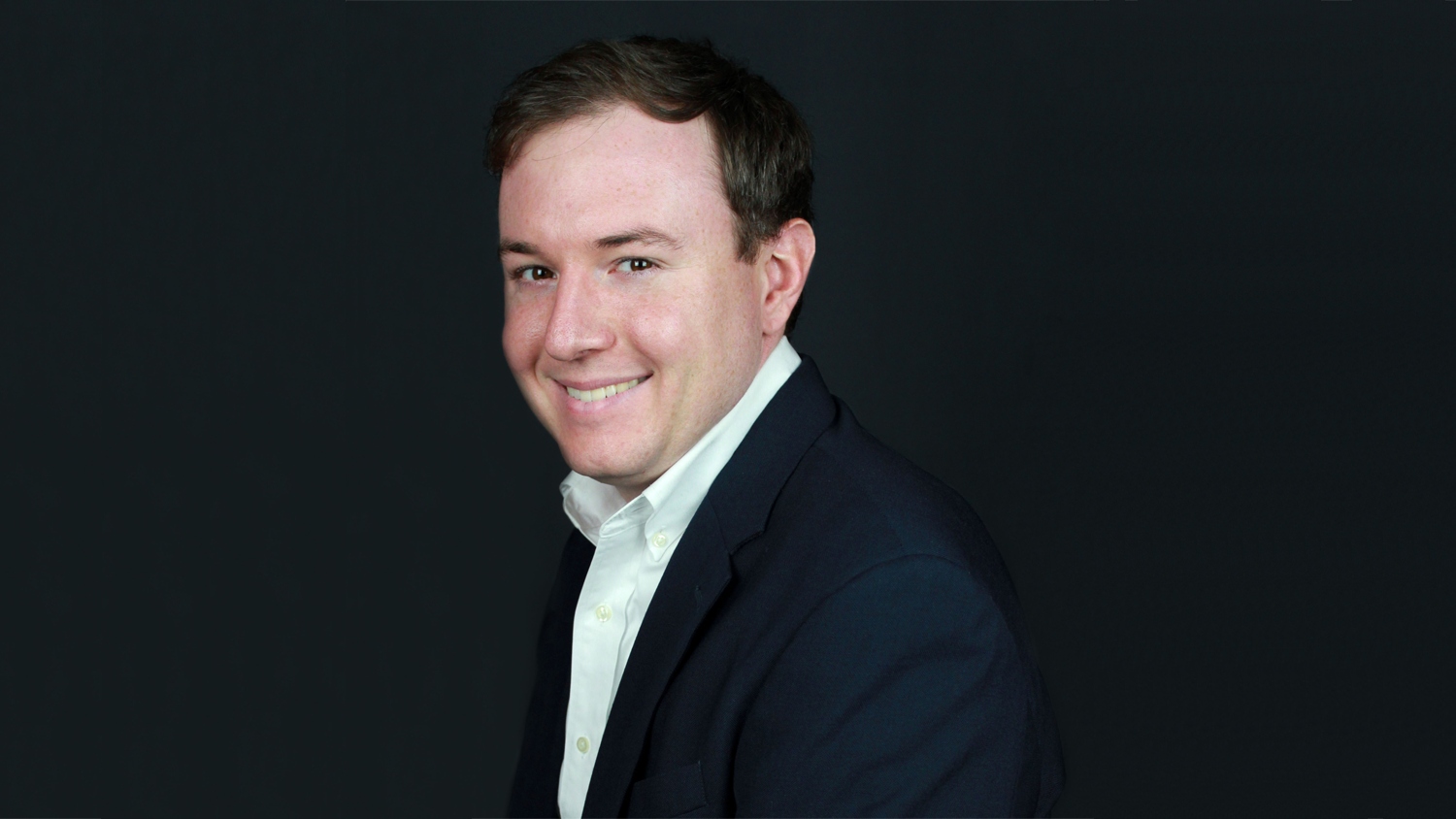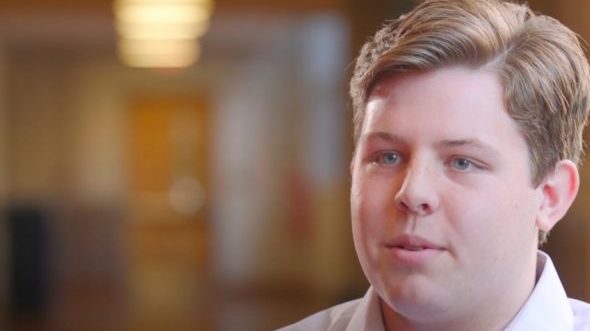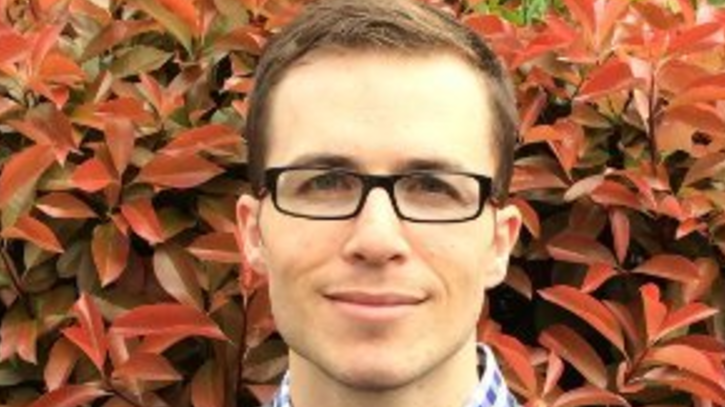Mark Saad
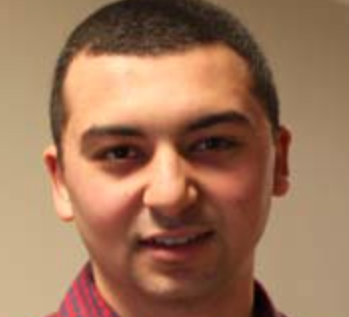
Mark Saad, BS Business Management, 2008
Degree earned: North Carolina State University: BS, Business Management – Finance & Entrepreneurship, Poole College of Management, 2008
Organization: Feelgoodz
Title: CEO
Tell us about your current job duties, and how you’re working to integrate sustainability into your role.
My duties include laying out strategies to accomplish a long-term vision for Feelgoodz. Sustainability is a core value for feelgoodz regarding how our products are made, what they’re made from and how the people making them are treated. We spend time in all levels of our supply-chain to ensure sustainable practices.
What experiences first made you interested in using your career to drive business sustainability?
I’ve sourced products from overseas for almost a decade now. Seeing factories operate in ways that hurts the environment early on in my career made me want to create new products with zero affect on the environment.
Give us some examples of how your company uses sustainability to drive innovation, produce results, or improve the way you do business.
Almost all of our competitors use a synthetic rubber called EVA that is awful for the environment. Our top-selling product is made from all natural rubber (tapped from Thai rubber trees) which is compostable, recyclable and biodegradable. Feelgoodz is the only major brand doing this. The results include a long lasting partnership with Whole Foods Market where we sell over 100K units per year.
What do you love the most about your job? What are the challenges you’ve encountered & overcome in your career?
I love problem solving and and coming up with “non-traditional” strategies to earn market share. We’ve had many challenges over the years from cash-flow issues and bad partnerships to the BP Oil Spill preventing our shipments from being delivered. We’ve overcome these challenges by always remembering the big picture and having the confidence to push forward, even if it felt like the walls were closing in on us!
What’s your advice for students who are interested in sustainability? How can students combine their sustainability interests with their day-to-day duties?
I would encourage students to spend more time learning about how products are made and what their ingredients are. We’re all consumers and it makes a difference when we all support brands that make product ethically.
- Categories:
